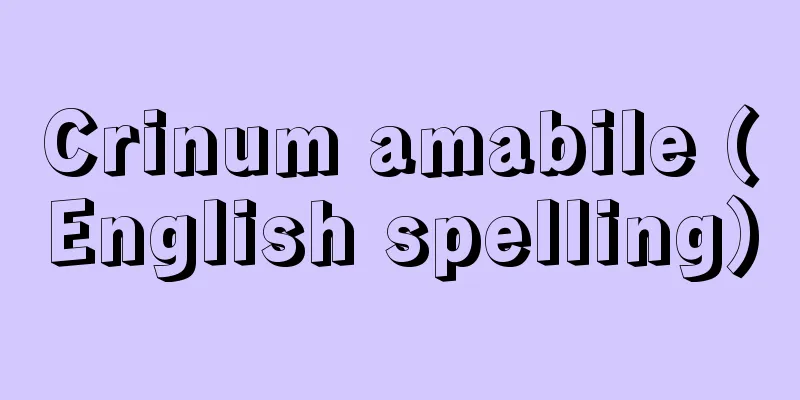piston

|
〘noun〙 (piston)① A flat or cylindrical plug that is fitted inside a cylinder of a steam engine, pump, etc. and moves back and forth inside it while adhering to the inner wall. It is caused to move by the pressure of the fluid inside the cylinder and transmits that force to the outside, or conversely, it moves in response to an external force and transmits pressure to the fluid inside the cylinder. It can also include the piston rod or the cylinder that houses the piston. Active valve . Ram. Plunger. [Self-Guide to Marine Machinery (1881)]② A device attached to a brass instrument that changes the tube length so that chromatic notes can be played. *Siberia Story (1950-54) <Hasegawa Shiro> Ball "He took a slide trombone <omitted> and moved the long, slender piston in various ways."③ To go back and forth without a break. Source: The Selected Edition of the Japanese Language Dictionary About the Selected Edition of the Japanese Language Dictionary Information |
|
〘名〙 (piston)① 蒸気機関、ポンプなどの円筒内にはめこまれ、内壁に密着しながらその中を往復運動する扁平または筒型の栓状のもの。筒内の流体の圧力によって運動を起こしてその力を外部に伝えたり、逆に外力によって運動し筒内の流体に圧力を伝えたりする。また、ピストン棒、あるいはピストンを内装するシリンダー(気筒)を含めてもいう。活塞(かっそく)。ラム。プランジャー。〔舶用機械学独案内(1881)〕② 半音階を吹奏できるように、金管楽器にとりつけられた管長を変える装置。※シベリヤ物語(1950‐54)〈長谷川四郎〉舞踏会「スライド・トロンボンを取って〈略〉その細長いピストンを、いろいろと辷らせ、動かしていた」③ 休みなく往復すること。
出典 精選版 日本国語大辞典精選版 日本国語大辞典について 情報 |
Recommend
andenes
...These terraced fields for corn cultivation wer...
Nucleic acid - Kakusan (English spelling)
The most important chemical substance for living ...
Wet cargo
…Industrial products are not a single, large-scal...
Informal organization
…This is what is usually meant when we talk about...
Study guide - Study guide
A book that conforms to the curriculum guidelines ...
Shinmachi [town] - Shinmachi
A former town in Tano District, southern Gunma Pre...
Atopic skin - Atopihifu
...When the condition improves, the skin is no lo...
Writing desk - Kakimonozukue
...There are various types of desks, such as a wr...
Sŏkkyori‐yujŏk (English spelling)
The remains of a settlement and tomb from the Plai...
Charles I - Karel
…King of Bohemia, Germany (1346-78), and Holy Rom...
Sparkling Eboshi - Sparkling Eboshi
...Depending on the way it was applied, it was ca...
Henry Clifton Sorby
British petrologist and chemist. Born in Woodbour...
Wei Zheng Xuancheng
…A minister of the early Tang Dynasty in China. H...
Stemonitis splendens
…[Tsubaki Keisuke]. . . *Some of the terminology ...
Market
〘noun〙① A place where specific goods or securities...









